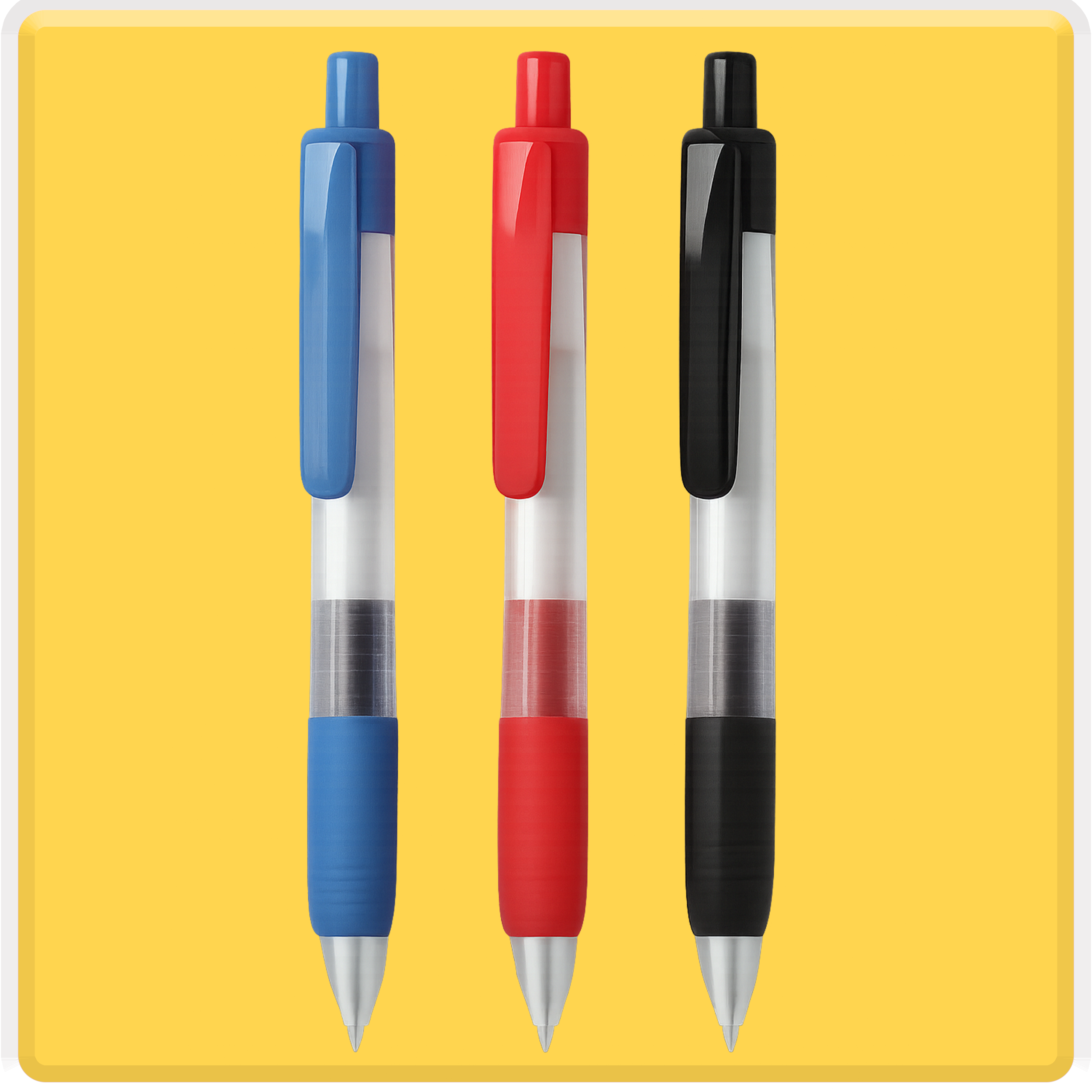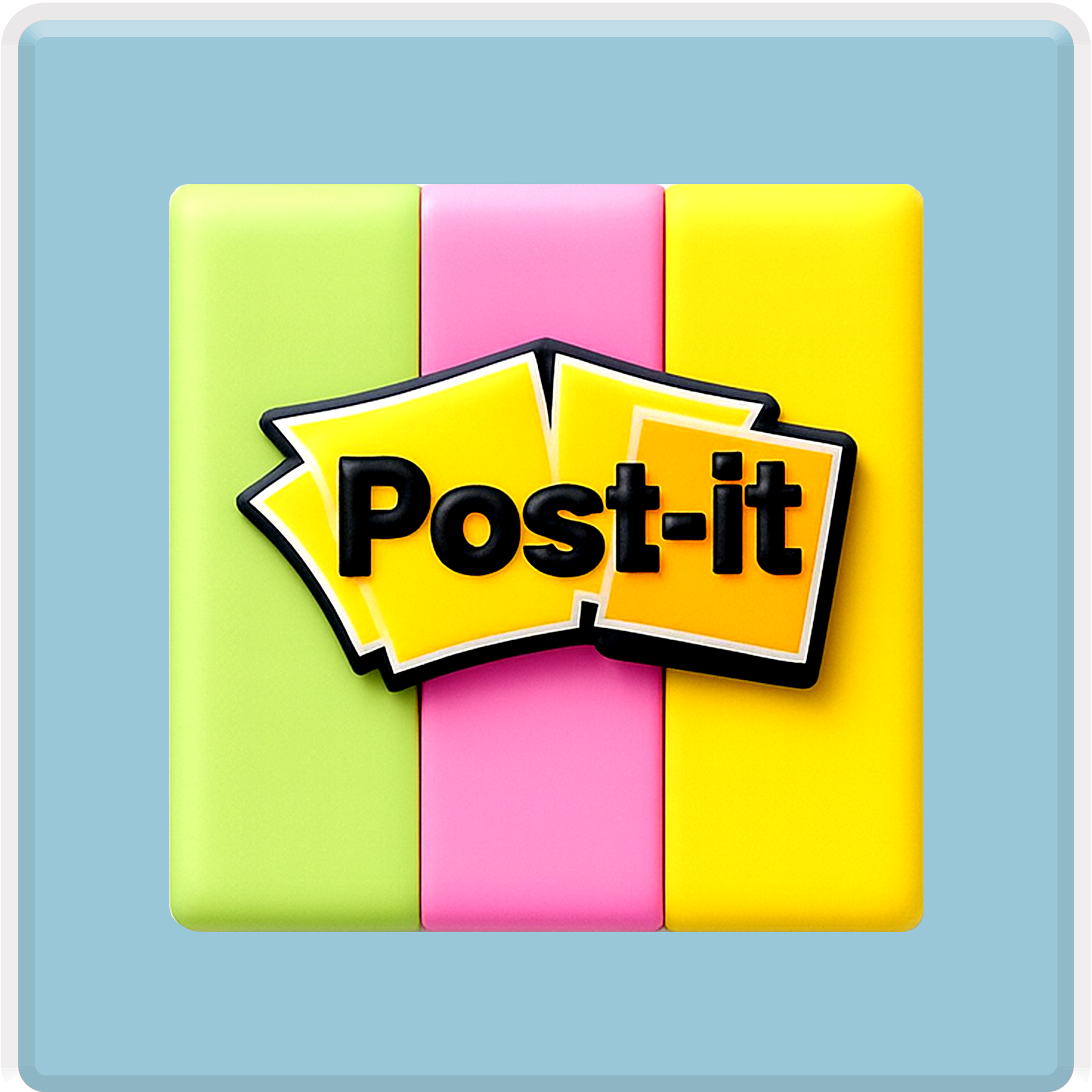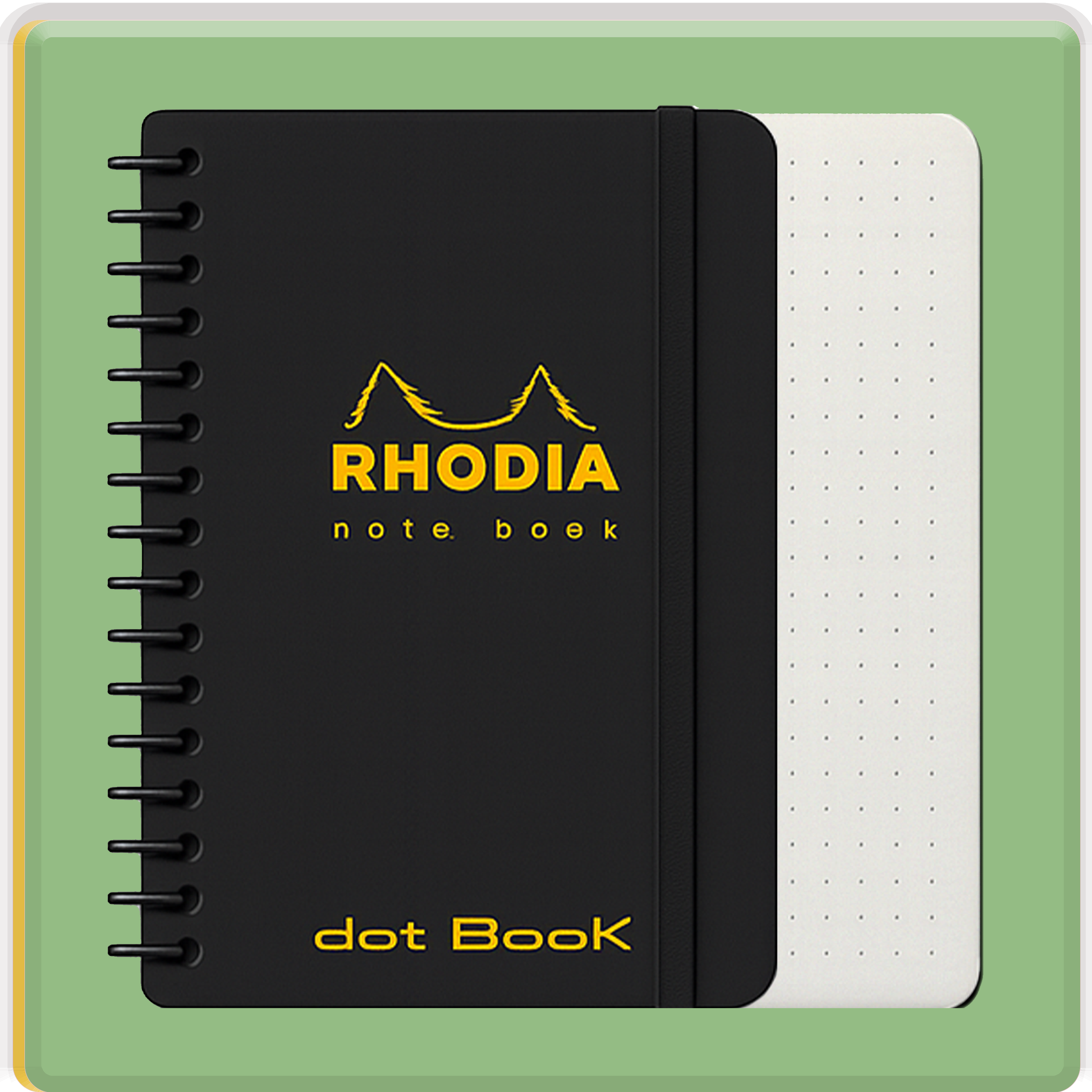
With organization not only a help nowadays-but a necessity-juggling many responsibilities, tasks, and commitments from study to work, and volunteering, all of a sudden things become heavy. That is why one needs to use a planner to help guide through the chaos. Whether one is a student, employed, or just trying to make a day more organized, planners can transform productivity and peace of mind through wise use. Organizing your life with a planner comes down page by page-heaped with thought-through filling.
-
Clarity and Focus
A planner brings necessary clarity into your student life. Putting down tasks, goals, and events, in writing gives a visual imagery of your commitments. This keeps one highly focused, optimally making decisions on time use.
How to achieve Gaining Clarity:
- Daily and Weekly Rereadings- Review your planner for a few minutes every day and most definitely every week. This practice keeps you all synced with your priorities and allows for timely adjustment.
- Learn how to set clear goals: Divide your big-picture objectives into bits that are simpler to manage, actionable tasks, which makes the goal feel within reach and progress easier to track.
2. Improved Time Management
Just as a navigator helps you through the day, a planner is also such for your day. Have time slots for each task and the activity, and you have better control of time and even your procrastination.
Time Management Strategies that Work:
- Time Blocking Assign times. This helps to allocate an inexperienced person into a schedule which limits distractions and further focuses one's actions.
- Prioritization Techniques: Apply things like the Eisenhower Matrix in sorting the urgent and important tasks to sort high-impact activities first.
3. Increased Productivity
The better laid-out plan affords one the greater opportunity to have a great day. A planner breaks the workload into little parts that don't seem so great and are, therefore, more achievable.
Ways of Boosting Productivity: To-Do Lists: Write up short lists daily. Checking off items gives a sense of achievement. Keep motivated.
Give each task a fixed amount of time. This creates urgency and helps you stay on track.
4. Stress Reduced
- Reduced Trauma: The planner in a good use is excellent for reliving pressure. When you have clearly visible responsibilities, they can be managed without feeling overwhelmed with them.
- Stress-Reducing Techniques: Mindfulness Integration: Breathing-wise, take a pause then consider your planner with conscious intent. Achievements can reflect on the calm confusion the mind has.
- Schedule Downtime: Include breaks and rest in your planner. It is important for the mental and emotional size.
5. Creative Expression
Your planner doesn't have to be just practical-it can also be an outlet for creativity. If you color, sticker, and draw up your pages, it makes planning more fun and personal.
- Expression Modes: Bullet Journaling: Planning-in-action by combining practical application and creativity through visuals, trackers, and doodles.
- Use Color: Create different colors to sort out work, personal tasks, and events for what you're holding as a main goal and make your planner more lively and easy to navigate.
6. Goal Setting and Reflection
The planner is the best device of planning goals and tracing. Personal or professional milestones with everything in one place will allow for the very focus a planner can inspire.
- Goal-Setting Practices: SMART: Be known by your goals as specific, measurable, achievable, relevant to your objective, and time-bound so that you cannot get off course.
- Mother Monthly Reflection: Dedicate a few hours at the end of every month reflecting about the win and lesson of that month. On all learned lessons, define the next course of action.
7. Better Accountability
It puts the whole thing in perspective. When everything is in writing about the goals and plans, they tend to become more realistic. It can make you hold yourself accountable and encourage you to stick to your goals.
- Accountability Building: Talk About goals: Share materials with a friend or mentor. External pressure can increase motivation.
- Check Your Progress: Use your planner to record milestones. Rather, appreciate little victories along the way in order to keep momentum going.
8. Enhanced communication
Same way, all others "Then this can be used to improve the quality of your involvement with other people by preparing to keep you fully prepped for those meetings and deadlines and responsibilities with the team."
- Communication strategies: Meeting notes: Keep track of important topics discussed and actions taken in meetings directly into your planner. This will make sure you stay informed and organized.
- Follow up with Reminders: Establish reminders to follow up with the most important ones. This is the hallmark of proactive communication and shows professionalism as well as reliability.
Conclusion
A planner unravels its magic in simplicity and structure. Every single page renders upon you superior clarity, direction, and control over your day-to-day life. It would not just be a notebook; it is a transformation tool in productivity and time management, stress management, and creativity development.
At Scooboo, we believe that the right planner can encourage you to lead a more organised, intentional life. Now embrace the possible magic of planning and how it can map out a more complete, poised you with every page. It's time to bring order to the chaos as you just got started.








